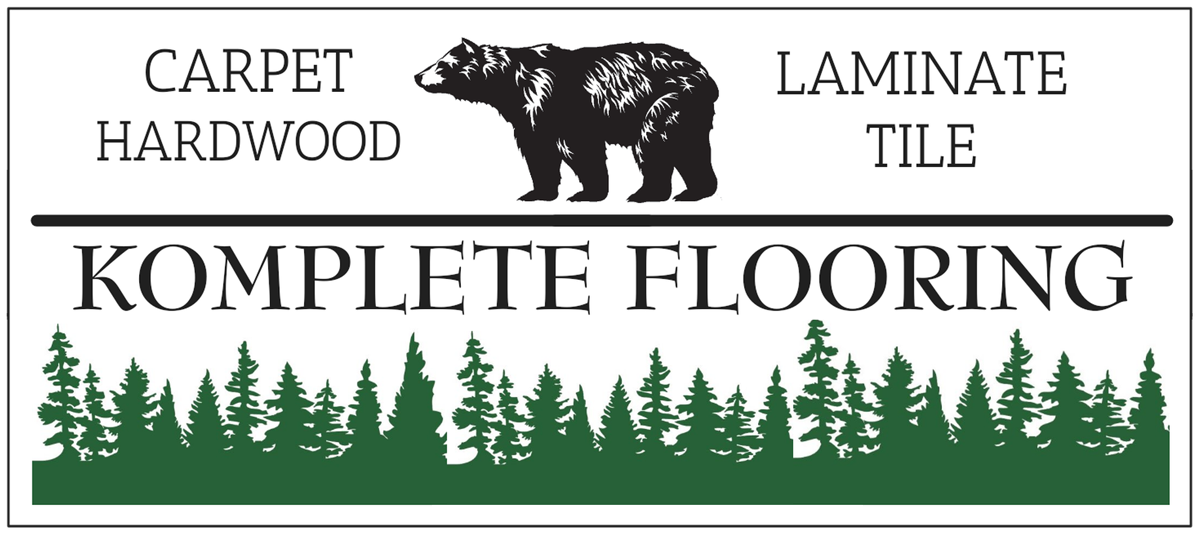Macaroni and cheese. Fuzzy slippers. A big hug from your Mom.
During economic uncertainty, we all need a little comfort. The recession is in our own backyard, and we’re doing all we can to move on and get back to business.
That translates for some into a nesting instinct. If you can’t afford to build or buy your dream home, you need to make do.
A modern trend has caught on in recent years, with sleek kitchens and clean lines. Neutral palettes complete the uncluttered picture.But in some modern designs there is a lack of friendliness. And right now, that’s what we need most. Interior designers are seeing a “comfort design” trend in which homeowners are turning to more pleasing palettes and surrounding themselves with sentiment and meaning.
Celebrity designer and entrepreneur Jim Weinberg specializes in high-end residential and commercial projects. He has designed homes for a legion of celebrities, including locales in Los Angeles, San Francisco, Aspen, south Florida, and Atlanta.
Weinberg, who is known for his fearless yet tasteful use of color, acknowledges a trend toward more warm and fuzzy design. He saw this move begin about 18 months ago, and it is now hitting the mainstream.
“From comfort food to taking your shoes off in your home, (people want) the ability really to relax,” he said recently. “The economic situation has been so stressful.”
Weinberg places overscaled pillows around cocktail tables to make his rooms less formal. Hints of Morrocan and Indian flavor abound.
“It’s about getting your body off of the sofa and on the floor,” he said.
The accents are more native, and not as shiny. Candlelight is important, combined with books and personal items. The scale is trending smaller now, as opposed to the large, over-the-top, look-at-how-much-I-can-buy design. Homeowners are looking for calmness.
“There’s a sense of clarity … weeding out the clutter,” he said. For example, Weinberg suggests placing two items on a decorative shelf rather than six.
Comfort, of course, needs a foundation. While hardwood floors are still the rage, shag carpet is also popular. When they use rugs, homeowners want carpet with thicker yarn and loop.
“It’s funny how what’s old is new again,” he said. “People are much more willing to use that material mainly for texture and for that approach to the design.”
Adding to the cozy feel of deep, looped carpet is the use of soft fabrics—such as chenilles, textured cottons, and Ultrasuedes—in furniture and design.
New York designers Benjamin Bradley and David Thiergartner, of Bradley Thiergartner, recently lectured at the High Point (North Carolina) Market about the return of more traditional design.
“Even if it’s not pulling away totally of contemporary, people are definitely making choices that are more timeless and classic,” Thiergartner said.
The New York boutique firm calls their style timeless traditionalism, and they specialize in high-end residential design.
“(Homeowners) can live with the design a lot longer, and that’s really and truly our sort of niche. We’re not very trendy designers,” Thiergartner said. “We use subtle variations in color. Everybody is going be neutraled out and want some color.”
Bradley Thiergartner designs are found in homes from Scottsdale, Ariz., to Ohio and Nantucket, as well as in New York. The design team recognizes that homeowners are drawn to fresh, new looks. Thiergartner notes that the popular Mid-century Modern style was interesting because it was (initially) affordable.
“And the Wall Street guys were attracted to it because everybody wanted to be young and hip,” he said. When the market fell out, the modern look started falling out of favor as well.
Before the market’s crash, clients saw their design choice as being disposable. If they grew bored, they could start all over.
Since the economy has slowed the pace of his firm’s business, Thiergartner looks at it as a blessing.
“It has slowed down, so now we can think about the design,” Bradley added. “People are being much more measured in their decisions.”

